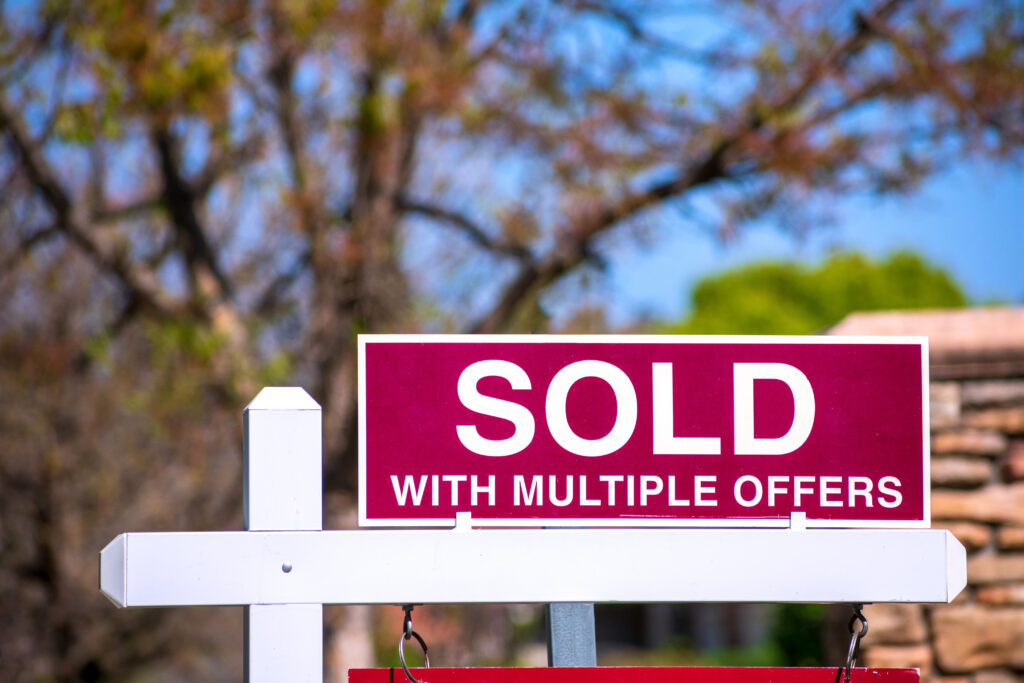Escalation Clauses For Multiple Offers What Realtors Need To Know
It’s undoubtedly a seller’s market in Texas! With houses in demand across the state, realtors are finding themselves juggling multiple offers for their clients. Some home buyers are so eager to buy (or set on getting a certain home) that they make an offer with an “escalation clause” by offering to outbid other offers by a certain amount. Escalation clauses have always been a part of real estate but have become increasingly more common in today’s ongoing competitive market. While the escalation clause can be beneficial to both buyers and sellers, it has its drawbacks as well. As a realtor, you want to cinch the best deal for your clients, whether they are the buyer or the seller. Understanding the ins and outs of the escalation clause is important. Here’s a few key things to know:

How It Works
An escalation clause allows a buyer’s offer to increase when there are multiple buyers bidding on a home. The clause allows the buyer’s offer to leapfrog over other offers in pre-agreed upon increments. ($1,500-$2,000 increments are common). The escalation clause is included in the offer of the home and spells out to the seller: the original offer on the home, the bidding price increments allowed and the maximum purchase price of the home. An escalation clause should also include proof of other offers by the seller so you know for a fact that there was a higher offer for you to outbid.

The Pros
The escalation clause can help buyers avoid losing a home that they have their hearts set on. Sometimes the cost is just a few thousand dollars more making it well worth it! The clause also gives sellers a great competitive advantage and eliminates back and forth bidding wars. It can help speed up and simplify the home buying process because the escalation clause already clarifies to the seller what the buyer is offering.
The Cons
The escalation should only be used when there is fierce competition for a home. One of the pitfalls is that a buyer is revealing to the seller the top price that they are willing to pay beyond the original offer. It can drive the price of a home up if there’s another offer with a higher escalation. While rare, there could be a situation where there’s no competition for the home and a seller can counter an offer for higher than your initial bid.
Not For All Sellers
Some sellers choose not to allow escalation clauses preferring that buyers simply give their best and final offer right from the start. This is understandable as one buyer could easily go up to $320,000 for a home but the price may have only escalated to $315,000. If each buyer submitted their top offer from the get-go, the seller would’ve received a higher offer.










